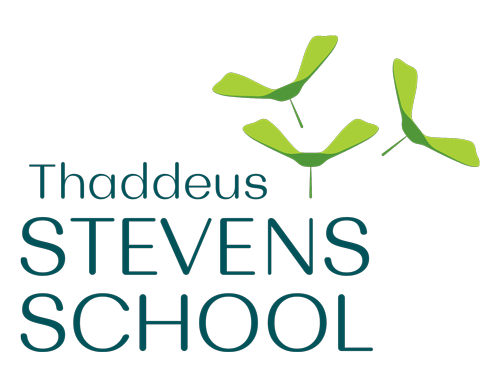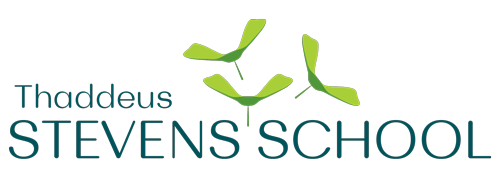39 Luther Circle
PO Box 274
Lyndon Center, VT 05850
Contact Us
An accredited independent day school serving Preschool-8th grade in East Burke, Vermont
Inclusion As Accuracy
Julie Hansen
Published in the Caledonian-Record
Thursday, January 10, 2019
One of my many work study jobs while a student at UC Berkeley took me under an old church within walking distance of the campus. I entered through the side and down old cracked steps that led under the building and into two tiny, creepy rooms with walls made of big stones that bulged out unevenly. A small sign identified the space as The Women’s History Research Center.
The story was that one day in 1969 Laura Murra was in history class and asked her professor why there were no stories of women. His alleged response was that he did not think the contributions of women would complete a book of even a hundred pages. She chose that day to change her name to Laura X, following in the footsteps of Malcolm X, shedding her lineage from the patriarchy.
She collected books written by women, about women, in the fields of science, art, politics, medicine, literature, maternal arts, and every other human action and then transferred them onto microfilm and microfiche. My job was to distribute the works according to requests which we received from universities in the United States as well as India, Africa, and Latin America. It turned out that the contributions of women filled books well beyond one hundred pages.
The collections are now stored in the Schlesinger Library at Harvard, but the point remains. America’s history, because of cultural constraints about who could be published reflected work of male authors who told the story that they knew. Equally, in the early days of anthropology, male field workers wrote monographs depicting the customs they observed. Because they had only been included in the male activities, they were unable to answer the Laura X question: what did the women do? The inclusion of female field anthropologists offered more complete pictures of human societies. The person telling the story decides who the players are and judges the value of those players by their own yardstick.
Schools bear a responsibility to ensure that their curricular offerings are authentic and include the voices of all who have built and contributed to the nation. Education is not a zero sum game, including one voice should not eliminate another, presenting dueling arguments develops critical thinking and authentic civil discourse: two goals of education. Adding the work and ideas of women and people of color, does not replace our history, it provides a comprehensive view of the events that continue to influence and shape our lives today. Failing to include and examine the interaction and the concurrent experiences of women and people of color, creates students who might come to the same conclusion that Laura X’s professor did: their contributions did not exist. But those students would be wrong, and on college campuses today they would seem uneducated. If we are to continue the precepts postulated by John Dewey that our job is to educate for democracy we must include the intersections of men and women, white people and people of color.
In his “I Have a Dream” speech, Martin Luther King pointed out that the “destiny” of white and black Americans were “tied up with” each other’s destiny and that the freedom of both were “inextricably bound.” That sentiment inspired educators for a time and universities began to expand their literary and historical offerings.
Yet, in 1974, Nobel Laureate Toni Morrison recognized that “despite years . . . of . . . academic energy, there is very little scholarly recognition of that a major part of American history is the history of the black people: how they influenced whites and how whites influenced them. There ae very few examinations of U.S. economics as the growth of a country that had generations of free labor.”
In 1998 Yale University and Gilder Lehrman Center established the Center for the Study of Slavery, Resistance, and Abolition to “foster an improved understanding of the role of slavery, slave resistance, and abolition in the functioning of the modern world.” Higher education is again striving to unravel the ropes of intersectionality to examine and reveal King’s assertion.
Surely, last year’s incidents with Representative Kiah Morris reveal that Vermont also needs to work toward an “improved understanding” of the intersectionality of race and class and its impact on our state. Last year a bill was proposed to establish an advisory board that would work with schools in reviewing their curricular offerings and practices with regard to race and class. The bill did not pass.
But this should not prevent schools from reflecting on what they teach and why. Our job is to create citizens capable of participating in a pluralist democracy, citizens who embrace the modern understanding e pluribus unum. The pluribus includes black, brown, and white people, gay people, non-binary people, and people with disabilities, to name a few. The freedom of all of us is “inextricably bound” and we should not shy away from the academic challenge of examining the literatures and intersections of all Americans.
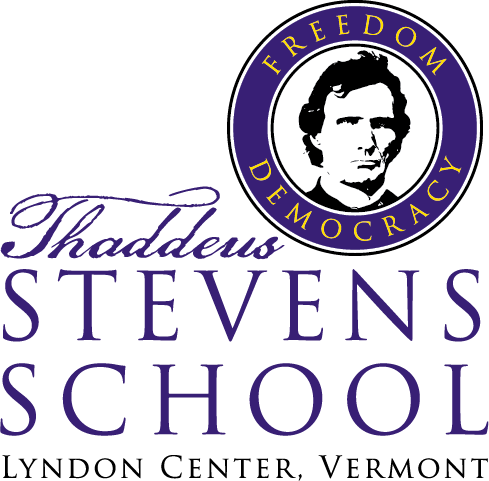
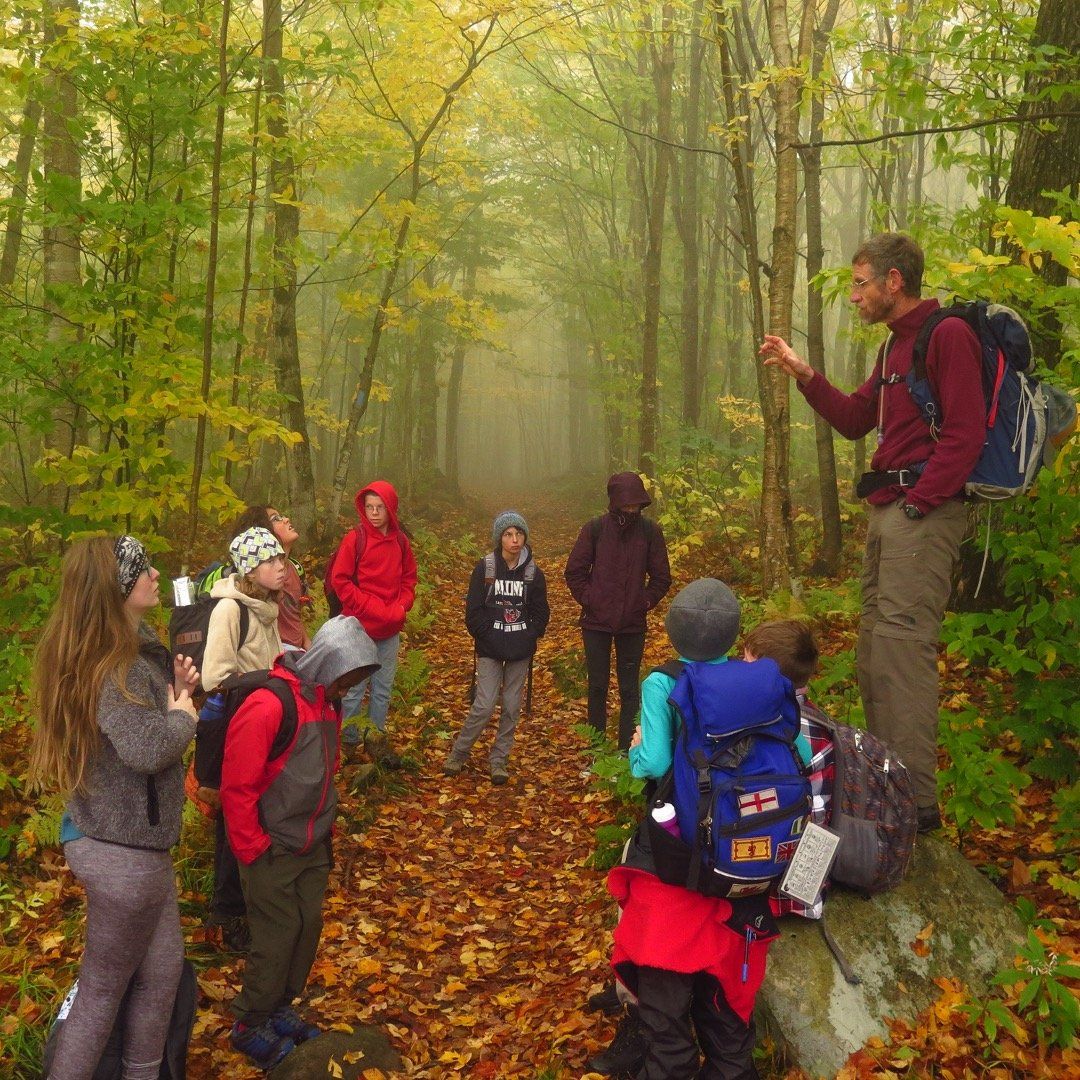
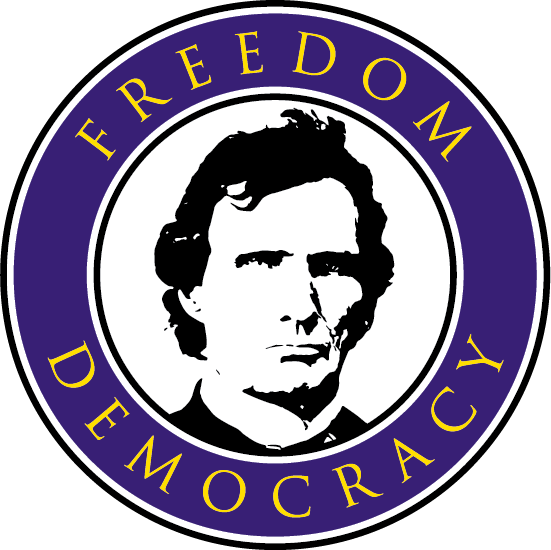
BEGIN YOUR JOURNEY AT THADDEUS STEVENS SCHOOL TODAY!
CONTACT US
CONTACT US
PROGRAMS
Accredited by the New England Association of Schools and Colleges
Member of the First Amendment Schools Network
Member of the Vermont Independent Schools Association
